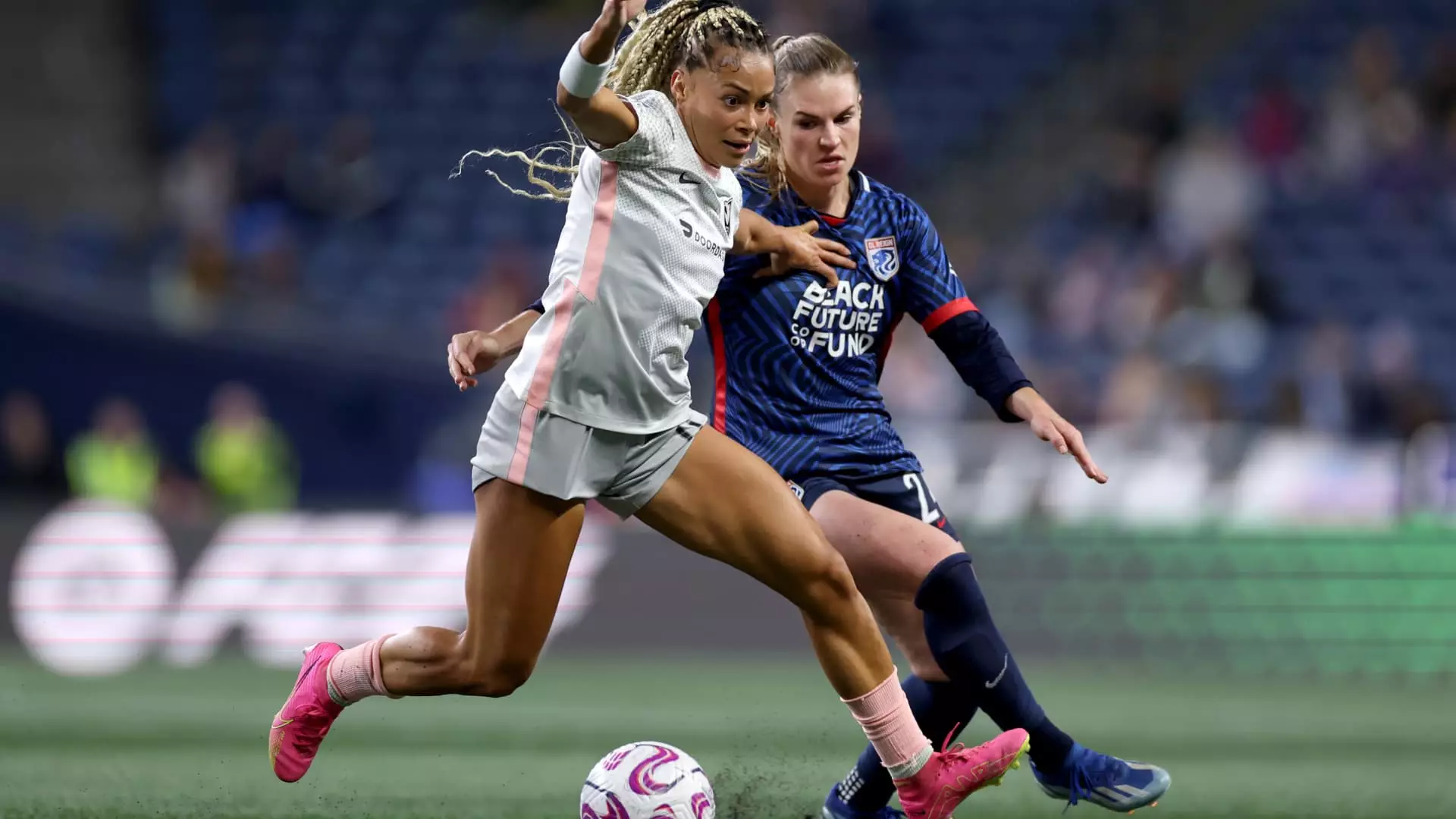Private equity is no longer just a side player in women’s soccer but is taking center stage in shaping the economics of the National Women’s Soccer League (NWSL). Unlike other major U.S. sports leagues like the NBA, MLB, and NFL, where private equity investors are limited to passive, minority stakes, the NWSL is allowing these firms to grab majority control of the economics of the teams. This significant shift in ownership is altering the financial dynamics of women’s soccer and opening up exciting new opportunities for growth.
According to Jessica Berman, the commissioner of the NWSL, institutional capital is being seen as a crucial source of additional funding for the league’s assets. Sixth Street and Carlyle are among the private equity firms that have made significant investments in women’s soccer by acquiring teams like the San Francisco Bay FC and Seattle Reign FC. These acquisitions have not only injected substantial capital into the league but have also raised the valuation of the teams significantly, signaling the potential for long-term growth and sustainability.
Carlyle’s partnership with Seattle Sounders FC to acquire Reign FC for $58 million exemplifies the strategic approach private equity firms are taking towards women’s soccer. By leveraging their financial resources and expertise in areas like analytics and resource management, these firms are looking to enhance the overall value and performance of the league. Maya Mendoza-Exstrom, the CEO of Reign FC, emphasized the importance of making smart choices and running a sustainable business that can generate substantial revenue and deliver a high-quality product on the field.
The increasing revenue potential in women’s elite sports, expected to cross the billion-dollar mark this year, is being primarily driven by soccer, which represents about half of the total revenue. While women’s sports revenue is currently more reliant on merchandising, ticket sales, and partnerships, the recent $240 million media deal signed by the NWSL demonstrates a significant shift towards broadcast rights. This deal, although significantly lower than those in men’s sports, indicates the growing interest from media companies in promoting women’s soccer on a larger platform.
As private equity interest in women’s soccer continues to rise, there are concerns about the transition from individual ownership to institutional ownership and the impact it may have on the league. Commissioner Berman acknowledged the cautious approach being taken to ensure responsible investment practices and maintain the integrity of the sport. While the potential acquisition of Angel City FC by Disney CEO Bob Iger and his wife at a valuation of $250 million marks a significant milestone for women’s sports franchises, there is a need to balance financial growth with the core values and ethos of the game.
The evolving landscape of private equity investment in women’s soccer reflects a broader trend in the sports industry towards institutional ownership and strategic partnerships. While the NWSL is still navigating the challenges of this new ownership structure, the league’s rapid growth and increasing valuation are attracting a new wave of investors and sponsors. As the league continues to innovate and expand its reach, the influence of private equity on women’s soccer is expected to grow, creating exciting opportunities for players, fans, and investors alike.

Leave a Reply